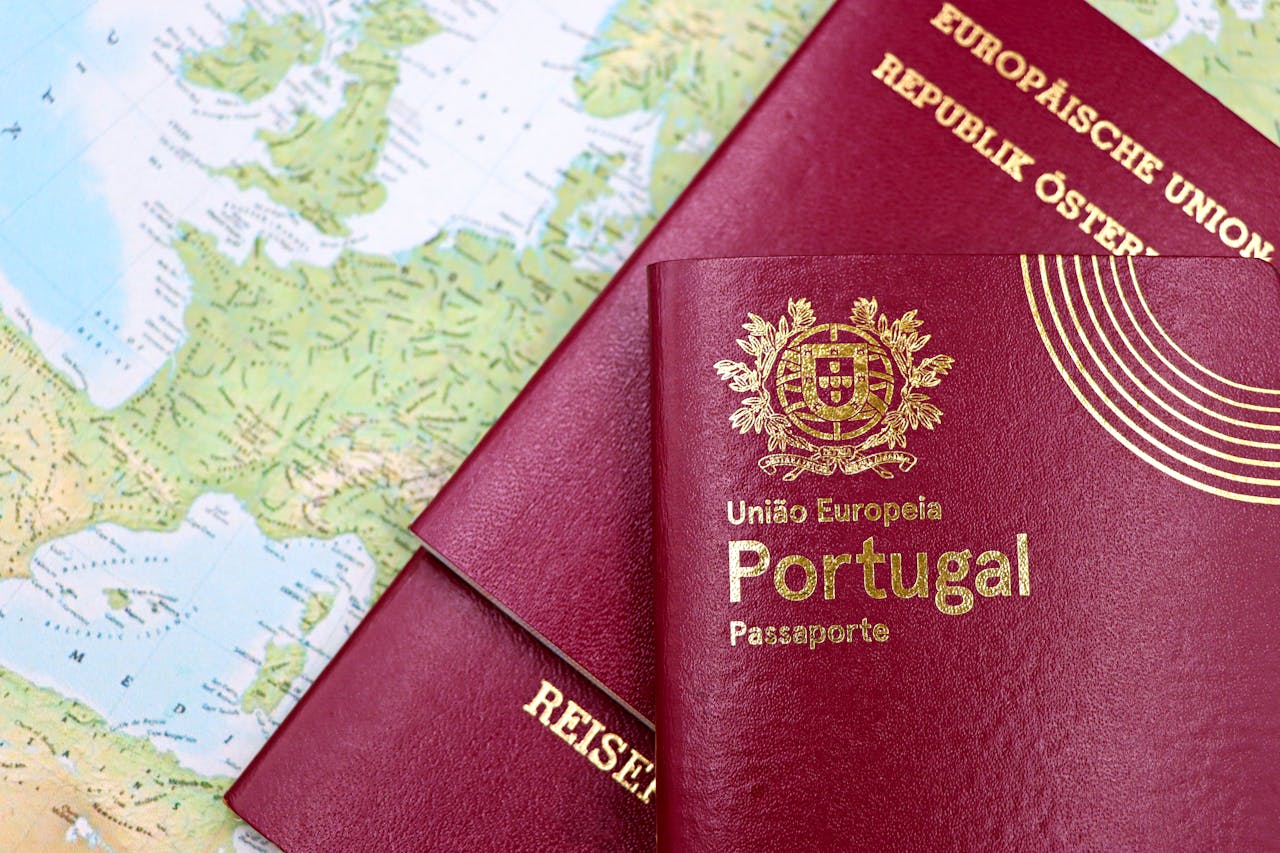European border systems are shifting from ink and hunches to databases and timers. The aim is cleaner entries, fewer overstay mistakes, and crowd controls that actually work. Travel will still feel free once the first gate is cleared, but paperwork must be exact. Proofs that used to be optional now live at the front of the line. Local fees fund the places everyone came to see. What follows lays out the rules, the logic behind them, and how calm planning turns lines into open doors.
ETIAS Pre-Travel Authorisation Is Mandatory
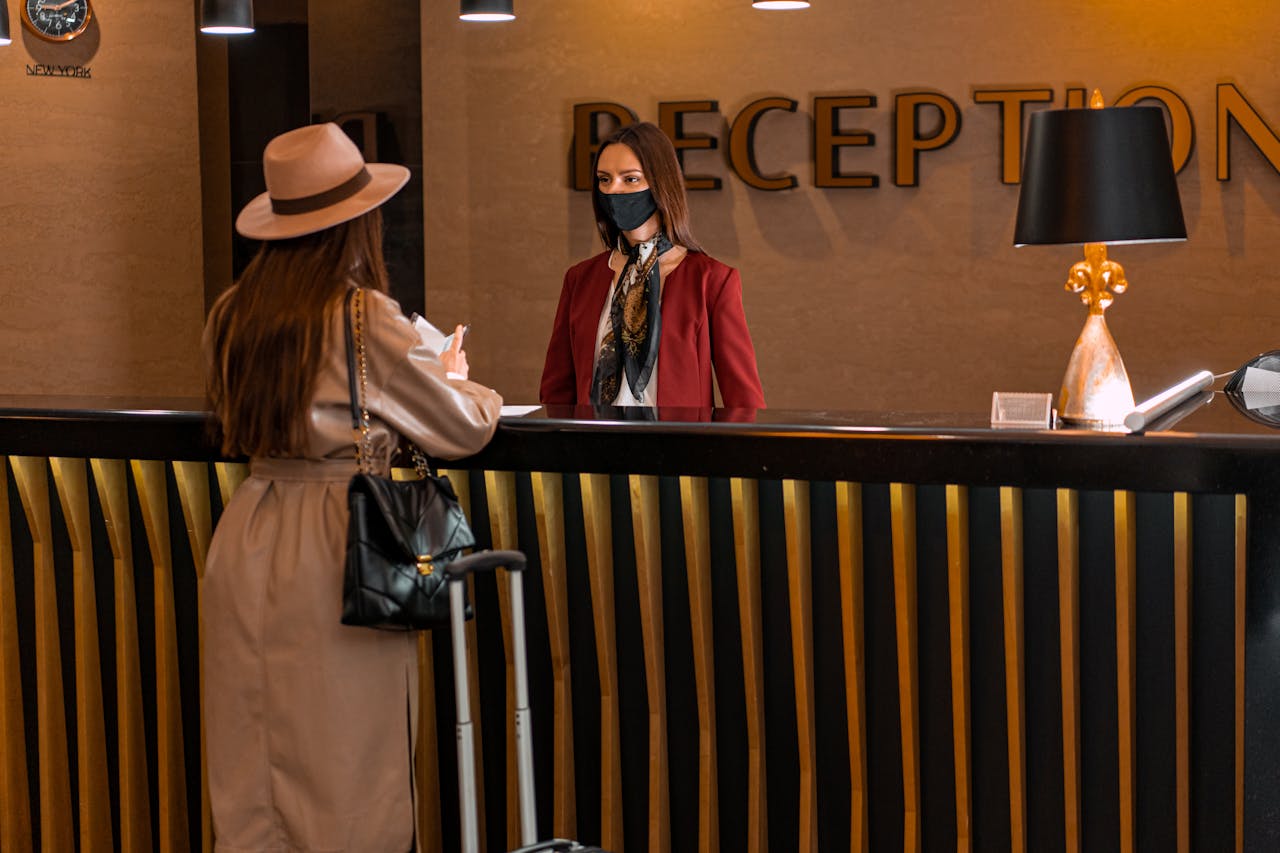
A short online application now precedes the trip for visa exempt visitors. Approval links to the passport and generally lasts three years or until the document expires. Airlines check status at boarding, so missing approval can end a vacation at the gate. Most applications clear quickly, but mismatched names or old passports stall results. Families traveling together should submit in one sitting to catch typos early. Once approved, the file covers multiple short stays across participating countries.
Biometric Checks Under The Entry Exit System
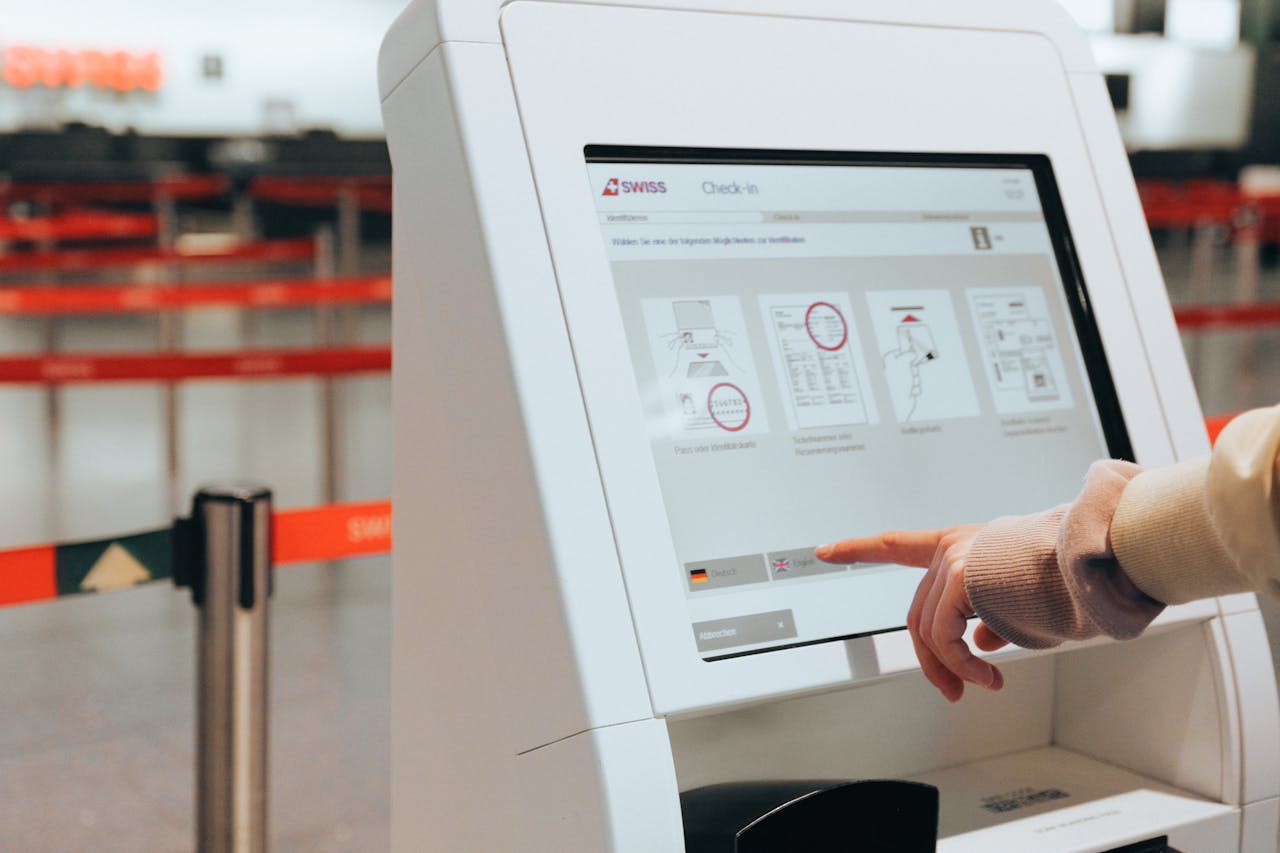
The first Schengen entry after rollout includes a quick capture of face and possibly fingerprints. That record replaces manual stamping and becomes the clock for stays. Later crossings verify against this file, which speeds honest travelers and reveals doubtful documents. Kiosks handle most people, with officers stepping in for special cases or unreadable prints. The payoff is accurate day counts at exit and fewer debates about when the last stamp landed on a crowded page.
Passport Validity Rules Count Twice

Two checks apply at once. The passport must be less than 10 years old on the day of entry and must remain valid for at least three months after the planned departure. Extra months from an old renewal do not override the first rule. Carriers enforce both at check in to avoid fines. Travelers with spring expirations should renew early rather than gamble on a shoulder season itinerary. Clean pages remain useful for non Schengen stamps and visa stickers.
The 90 In 180 Rule Still Governs Time
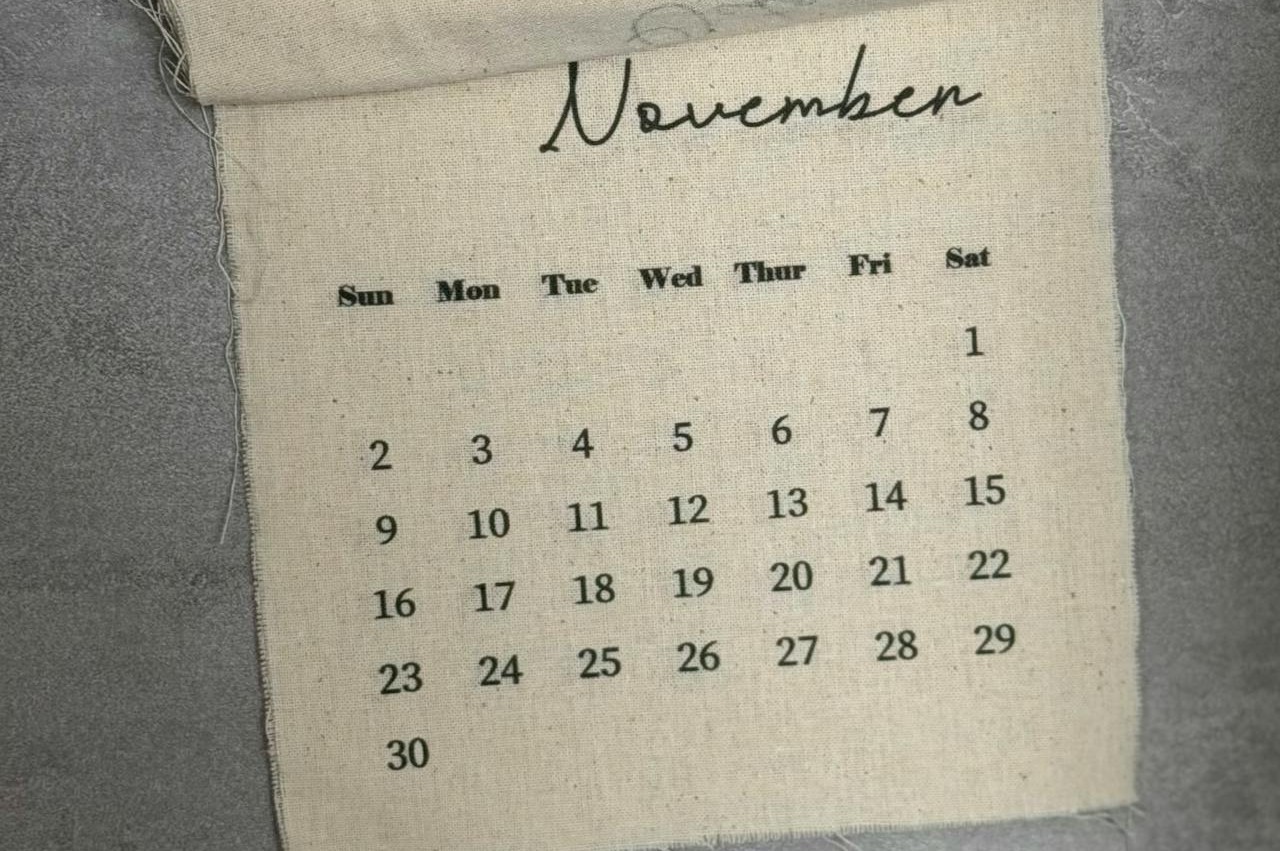
Short stays remain capped at 90 days within any rolling 180 day window for all Schengen countries combined. The new system calculates the tally automatically, which ends the habit of counting stamps with a calendar app on the flight home. Breaking up time across borders will not reset the limit. Longer projects require a national visa from the country hosting the stay. Those permits sit outside the short stay pool and must be secured before departure.
Proof Of Plans And Money At The Door

Border officers can ask for a return ticket, hotel confirmations, or an address for each stop. Evidence of funds may include recent statements, a letter from a host, or a prepaid tour. Numbers vary by country, and officers accept a mix of proofs that add up to a coherent plan. Organized folders shorten interviews more than any single document. The goal is simple. Show that lodging is paid, transport is booked, and basic costs are covered without local work.
Health Coverage Expectations By Purpose

Visa exempt visitors are not legally required to carry travel medical insurance for a short stay, yet it remains a smart cushion for clinics that bill directly. Those applying for a Schengen visa must show a policy that covers emergencies and repatriation at a standard minimum across all member states. Policies that bundle baggage and delay coverage can be helpful, but the medical portion matters most at a desk. Printed terms in English or French answer questions fast.
Cash Declarations Above The Threshold
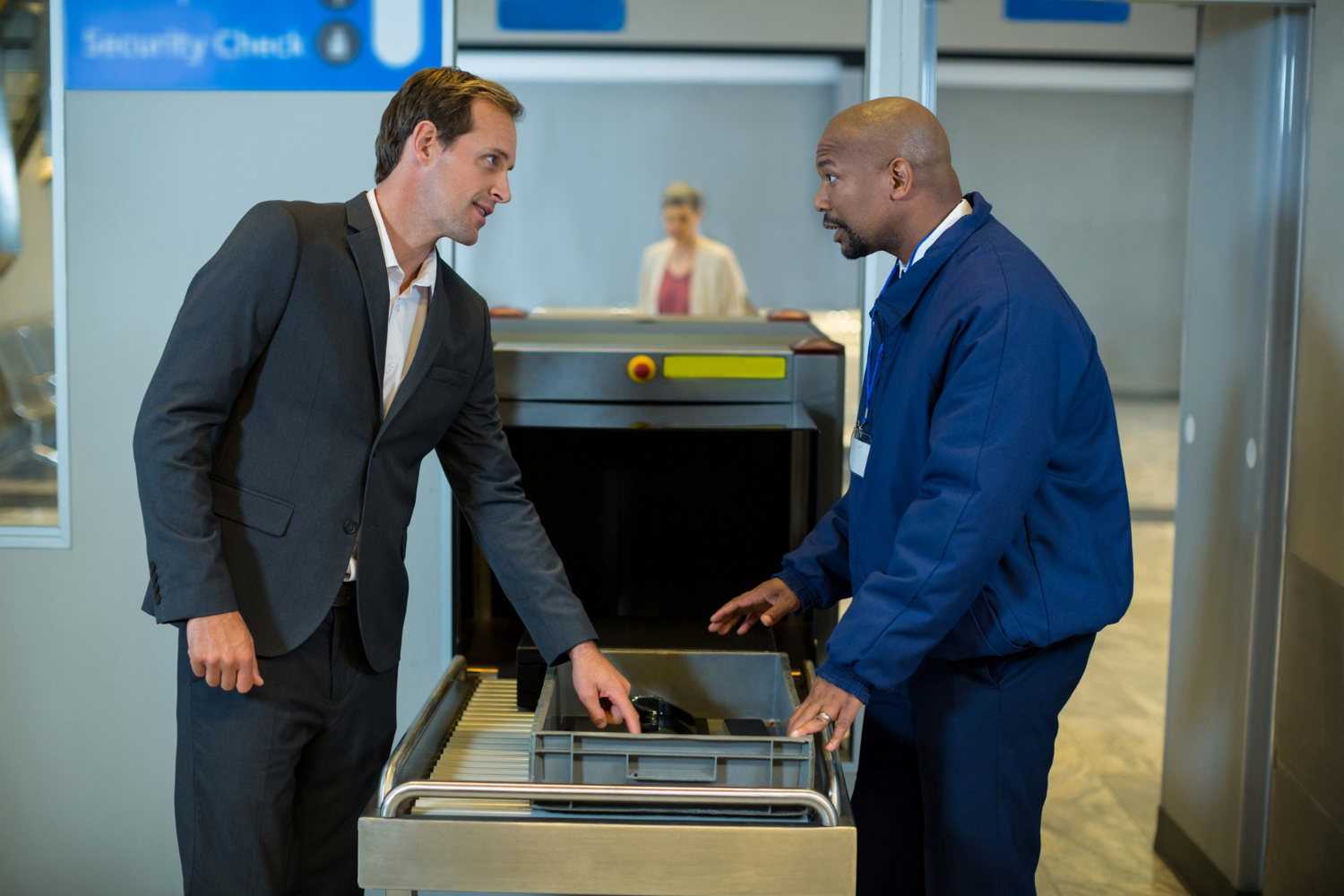
Carrying cash or equivalents of 10,000 euros or more requires a declaration at entry or departure. The rule includes currency, traveler’s checks, and some bearer instruments. Officials may inspect and record holdings and can seize undeclared amounts pending fines. Electronic transfers and cards fall outside this lane, which is why most travelers skip the rule entirely. Those moving funds for a purchase or family support should split amounts or plan a bank transfer instead.
Stamps Fade As Digital Records Take Over
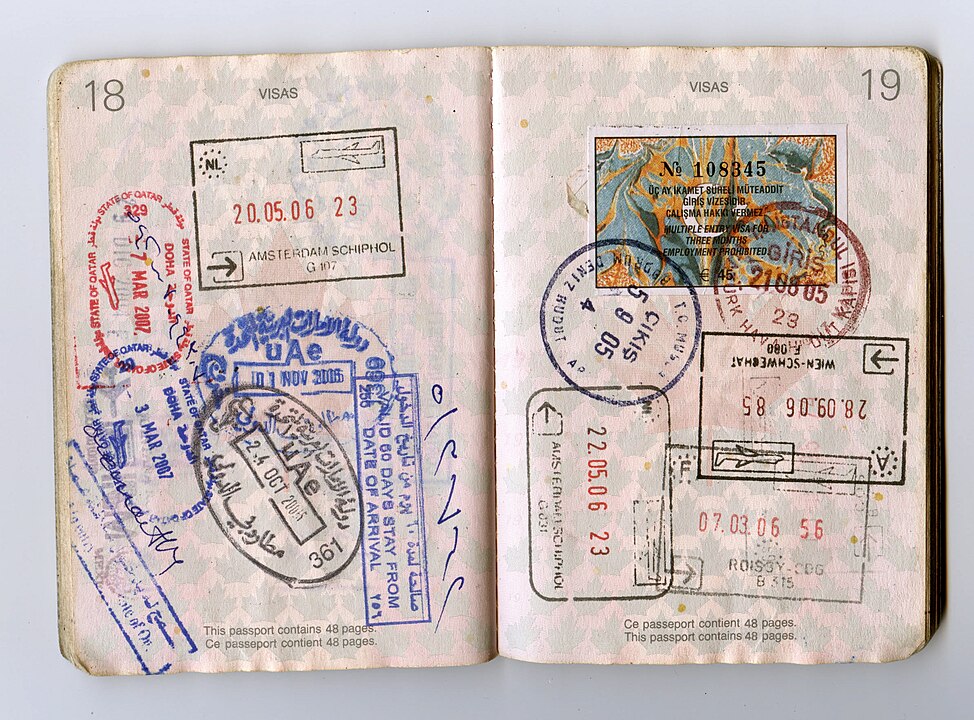
With the biometric system live, many external crossings no longer add a stamp to the page. The electronic record becomes the official entry and exit trail used to calculate lawful time. Internal borders remain open in normal conditions, but spot checks will reference the same database. Keeping digital and paper confirmations of trips handy makes questions easy. The benefit is clarity. Officers anywhere in the area can see the same clock and the same identity file.
City Access And Day Trip Fees Grow

Some destinations publish specific dates where day visitors pay an access charge at city gates or online portals. Overnight guests already fund services through lodging taxes, so access fees target high pressure hours and cruise surges. Collected money pays cleaners, stewards, and transport teams who keep plazas usable for everyone. Calendars, exemptions, and rates appear months ahead to steer crowds. Paying early usually costs less and speeds the turnstiles on arrival.
Cruise And Lodging Taxes Fund Local Services

Several countries and regions apply per night lodging taxes and per call cruise fees. The amounts look small in isolation and noticeable across a week. Receipts typically support sanitation, trail repairs, and emergency coverage where visitor numbers spike. Towns post rates by season and sometimes by star level. Clear billing on the hotel folio avoids surprises at checkout. These charges do not replace national entry rules. They sit beside them and keep popular places in working order.
Carriers Verify More At The Gate
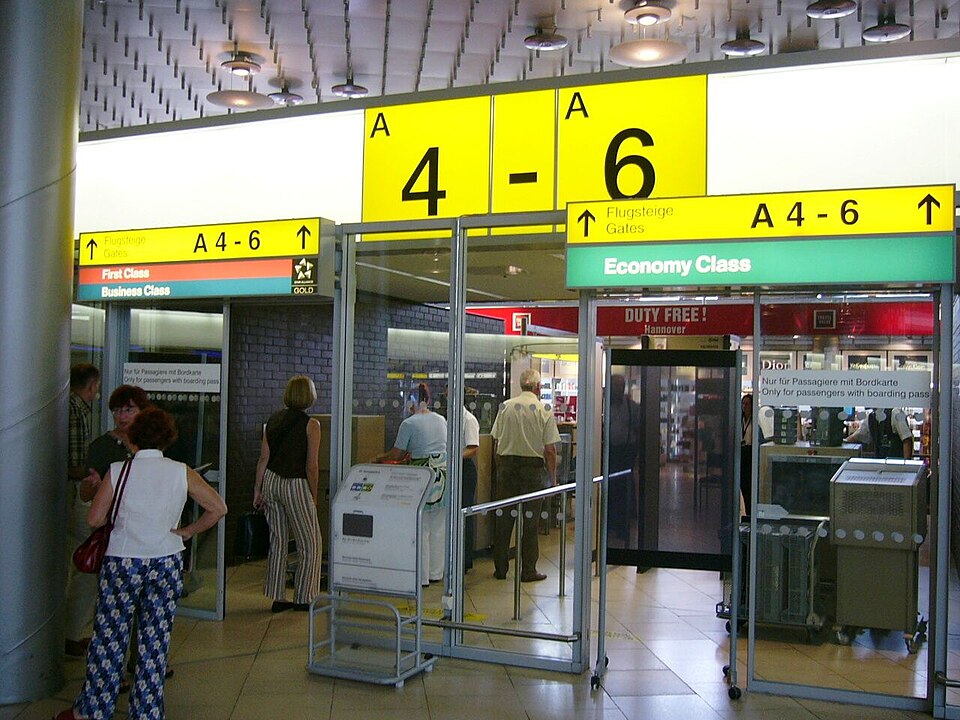
Airlines and long distance rail operators are required to confirm entry readiness before boarding. That means scanning the passport, checking the authorisation file, and matching names exactly across tickets and approvals. A mismatch can trigger a manual review or a reissue of a boarding pass. Early online check in surfaces problems while there is time to fix them. The result is fewer denials at the first booth and a smoother spread of arrivals across kiosks and officers.
Small Levies For Infrastructure And Corridors
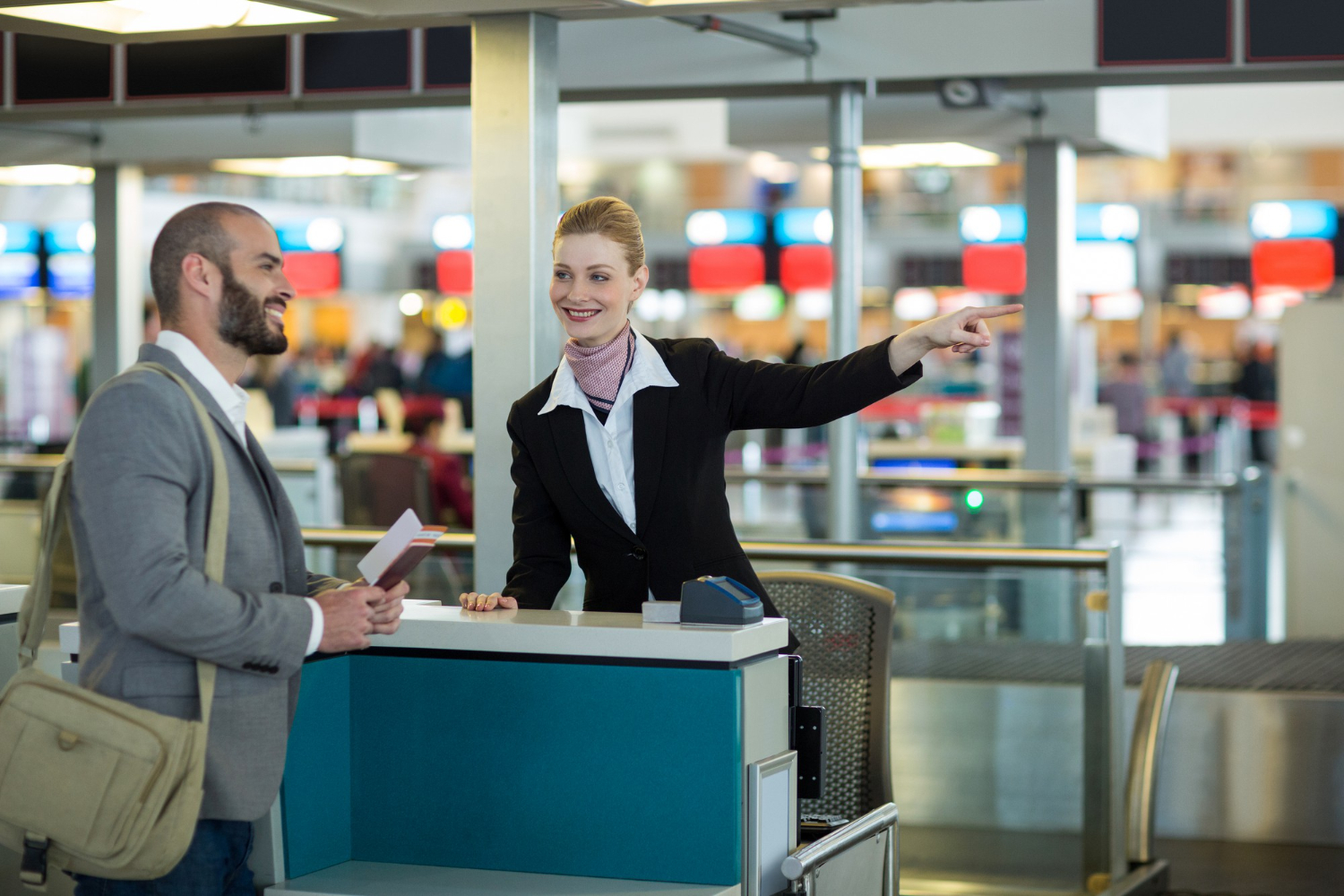
Some governments or regions collect modest transport or departure charges that support signage, platforms, and crowd control on shared routes. The amounts fund upgrades that residents and visitors use together, which is why they appear on tickets rather than at borders. The fee is not a visa and not a tax on movement for its own sake. It is a way to keep stations legible in multiple languages and to shorten queues where sightseers and commuters meet.
Random Checks Still Happen Inside Schengen
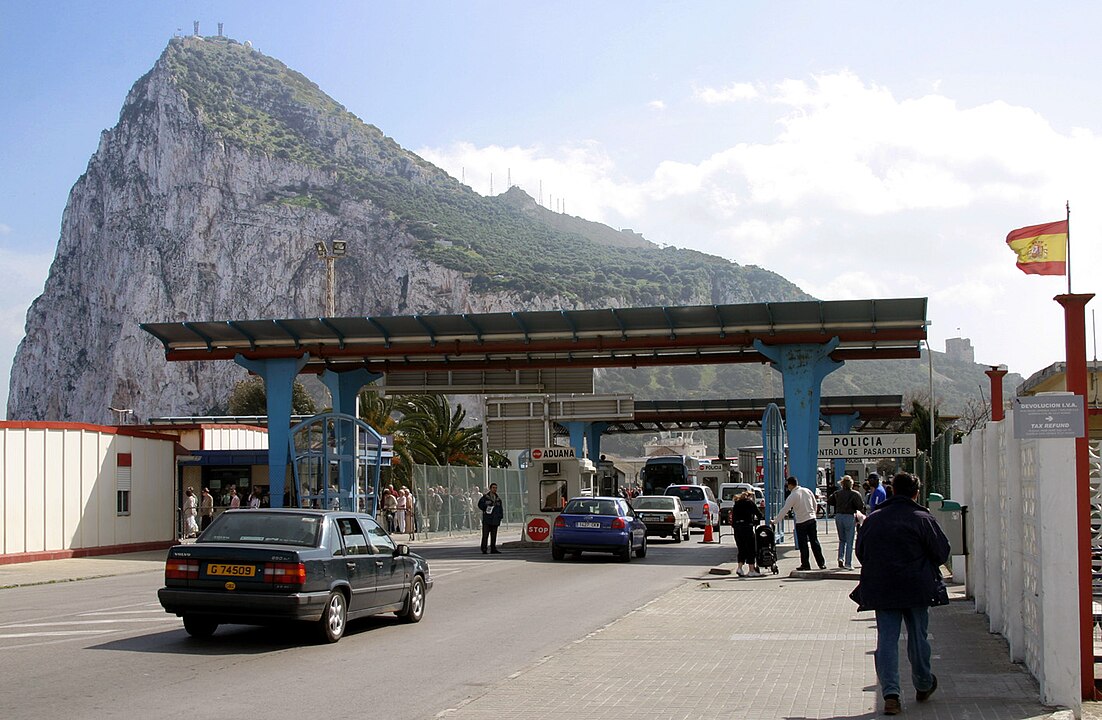
Open borders within the area do not end police authority. Trains, ferries, and highways near external borders see occasional checks where officers ask for passports and may verify lawful time against the electronic record. Screens replace stamps, but the expectation remains the same. Carry identification, keep confirmations accessible, and answer directly. The process moves quickly when dates align with the system clock and accommodation details match the itinerary on file.
